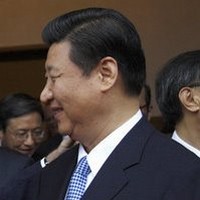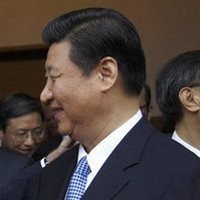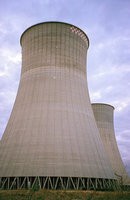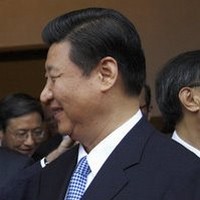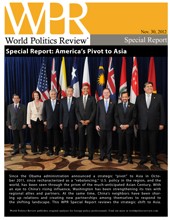
Since the Obama administration announced a strategic “pivot” to Asia in October 2011, since recharacterized as a “rebalancing,” U.S. policy in the region, and the world, has been seen through the prism of the much-anticipated Asian Century. With an eye to China’s rising influence, Washington has been strengthening its ties with regional allies and partners. At the same time, China’s neighbors have been shoring up relations and creating new partnerships among themselves to respond to the shifting landscape. This WPR Special Report reviews the strategic shift to Asia. The View From Washington U.S. Must Put Words Into Action in Asia-PacificBy […]

